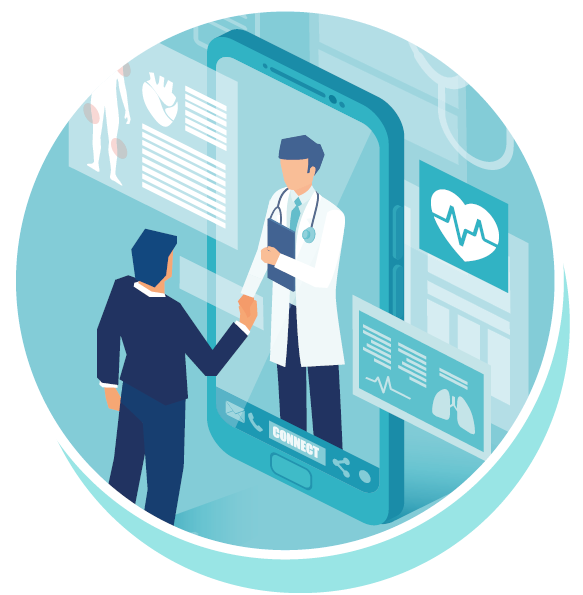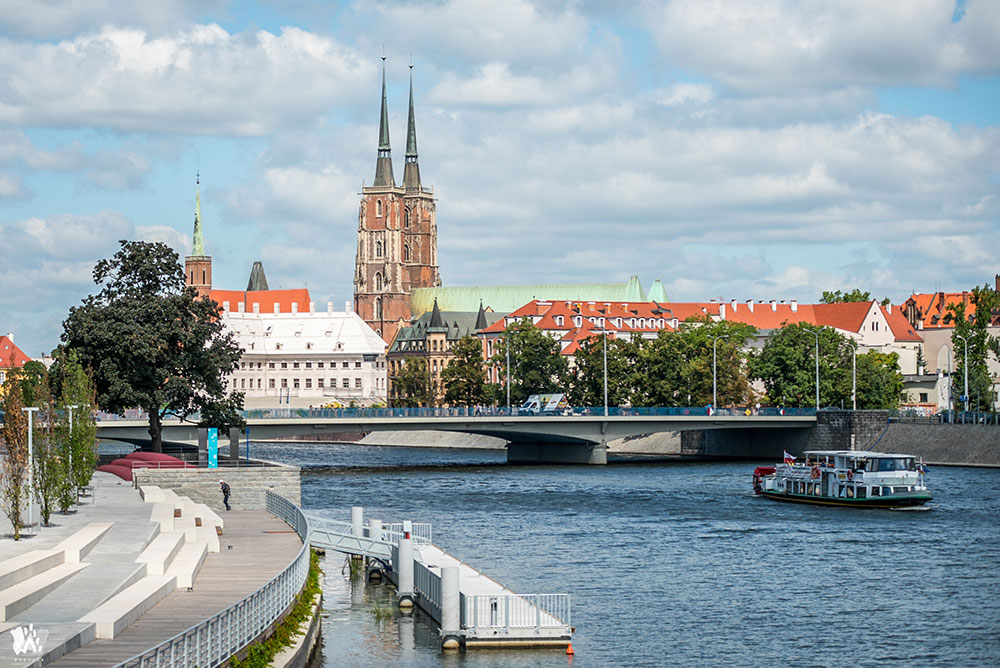Conference
Online Conference
July 2nd - 3rd, 2020
Health Technology in
Connected & Integrated Care


With many initiatives launched worldwide for the personal human genome map (Personalised Medicine Initiative in the USA, 100.000 Genomes Initiative in the UK and the Human Genome Declaration at EU level), it is possible to envision a future where treatments are tailored to individuals’ genetic structures. A future where Personalised Medicine is fully integrated into real life setting.
In healthcare new scientific and technological innovations are either not yet used or underused because of slow adoption, data analytics is failing to reach its full potential, and interdisciplinary barriers in medical science need to be overcome.
In order to accelerate the adoption of personalised medicine approaches and enable early interception of diseases, deliver new precision and personalised care while balancing and optimising healthcare expenditures based on medical and economic value, Health Technologies and Smart & Integrated Care need to become a key priority for the policy makers. Healthcare organisations need to be transformed in order to absorb innovative technologies and deliver more personalised services to patients and citizens. In this respect, worldwide, the healthcare environment is already changing and it is becoming increasingly obvious that affordable high-quality healthcare cannot be delivered without harnessing new ways of delivering care. Using new technologies is a promising solution to help cope with current challenges and to improve healthcare and pharmacy practice.
Programme
Day 1, 2nd July 2020
Conference Day
Online session
9.00 - 9.10
Introduction
Gianni D’Errico – Coordinator of the Project
9.10 - 9.20
Welcome
Professor Donata Kurpas – Chair of the Conference (Wroclaw Medical University)
9.20 - 9.30
Opening Session
Health Technologies from the perspective of a region
Chair: Gianni D’Errico / Prof. Donata Kurpas
9.30 - 9.40
Innovative solutions in the National Health Strategy
Katarzyna Wiktorzak – National Health Fund
9.40 - 9.50
Implementation of high technology solutions from the region’s perspective
Marcin Krzyżanowski – Lower Silesia Marshal Office Lower Silesia
9.50 - 10.00
Coffee Break
Session 1
Connecting the regulatory aspects with Personalised Health Technologies
Chair: Marco D’Angelantonio – HIMsa
10.00 - 10.20
The Commitment of the European Commission in Personalised Medicine
Jana Makedonska – European Commission DG RTD
10.20 - 10.40
The future of medical technologies in the Personalised Medicine Era
Giovanni Giuliani – Value Evidence and Access Leader at Roche
10.40 - 11.00
Health Technologies: regulatory aspects
Katarzyna Zoń – Uniwersytet Wrocławski
11.00 - 11.20
Electronic informed consent for health technologies
Dr. Marek Czarkowski – Bioethical Committee of the Supreme Medical Chamber
11.20 - 11.40
Data and Health Technologies
Wiktor Rynowiecki – Director of the Architecture and e-Health Services Division, Healthcare Information System (CSIOZ)
11.40 - 11.55
Q&A
11.55 - 12.30
Lunch Break
Session 2
Patient Engagement – engage citizens and patients with tools to better manage their health
Chair: Dr. Olaf Müller
12.30 . 12.50
How patients can enhance Health Technologies
Tomasz Falut – We, The Patients Foundation
12.50 - 13.10
PROMs and PREMs for Health Technologies
Sabina De Rosis – Sant’Anna University
13.10 - 13.30
Coordinated care solution for the patient and medical staff for better health management, on the example of the POZ PLUS pilot program
Katarzyna Wiktorzak – National Health Found
13.30 - 13.50
The Patient Rescue Support Project WRP
Dr. Antoni Zwiefka – Lower Silesia Marshal Office
13.50 - 14.10
Barriers and challenges for the introduction of eHealth approaches into chronic networking care of patients with Multiple Sclerosis
Prof. Tjalf Ziemssen – University Clinic Carl-Gustav Carus
14.10 - 14.25
Q&A
14.25 -14.40
Coffee Break
Session 3
Healthcare & HTA for health innovations
Chair: Victoria Tkachenko – Shupyk National Medical Academy of Postgraduate Education
14.40 - 15.00
Technology Enabled Home Care at Time of Coronavirus
Marco D’Angelantonio – HIMsa
15.00 - 15.20
Innovations in healthcare – perspective and role of the National Health Fund
Tomasz Pawlęga – Head of the Innovation Division in Analysis and Innovation Department, National Health Fund Poland
15.20 - 15.40
Digital health solutions that radically impact clinical practice. E-learning platform to include digital health-related topics in our curriculum
Jagoda Kowalik – Cardiomatics
15.40 - 16.00
Heartbit_4.0: Application of innovative Medical Data Science technologies for heart diseases
Joanna Gruchot – Consortium Heartbit_4.0, Wroclaw Medical University
16.00 - 16.20
A smart way to keep your health in check
Slawomir Kmak – StethoMe
16.20 - 16.40
A smart way to keep your health in check
Tomasz Gondek – SensDX
16.40 - 17.00
Q&A
Day 2, 3rd July 2020
In situ day
Online
09.00 - 10.15
Cardiomatics is a cloud AI tool for ECG analysis.
Rafał Samborski – Simply give us a raw ECG signal and our algorithms will turn it into valuable analysis.
10.15 - 11.30
Infermedica develops its diagnostic engine to collect intake, check symptoms, and guide patients to the right care.
The technology can also detect emergencies and support healthcare professionals by giving them early access to health information and recommendations. Infermedica tackles the problem of inappropriate use of medical services and misdiagnosis, providing insurance companies, hospitals, and health systems with a set of advanced preliminary diagnosis and triage tools, that include products: Symptom Checker, Call Center Triage, Emergency Room Triage, and Medical API. The company uses artificial intelligence and machine learning to assess symptoms and find patterns in data.
Thanks to algorithms, Infermedica gets smarter over time. Besides, the team of physicians verifies every piece of information that is added to the medical database to ensure that patients get safe and reliable recommendations. To date, physicians involved in the project have spent over 20,000 hours doing the review.
11.30 - 11.45
Coffee Break
11.45 - 13.30
CSM – demo Firm 1 CSM
Medical Simulation Centre, Wroclaw Medical University, one of the most innovative investments of Wroclaw Medial University; six rooms similar to those at a real hospital: an operating room, an intensive care room, a labour ward, the ER, an ambulance simulator and a nurses room where students are practicing their skills using interactive, highly advanced equipment.
13.30 - 13.45
Closure

